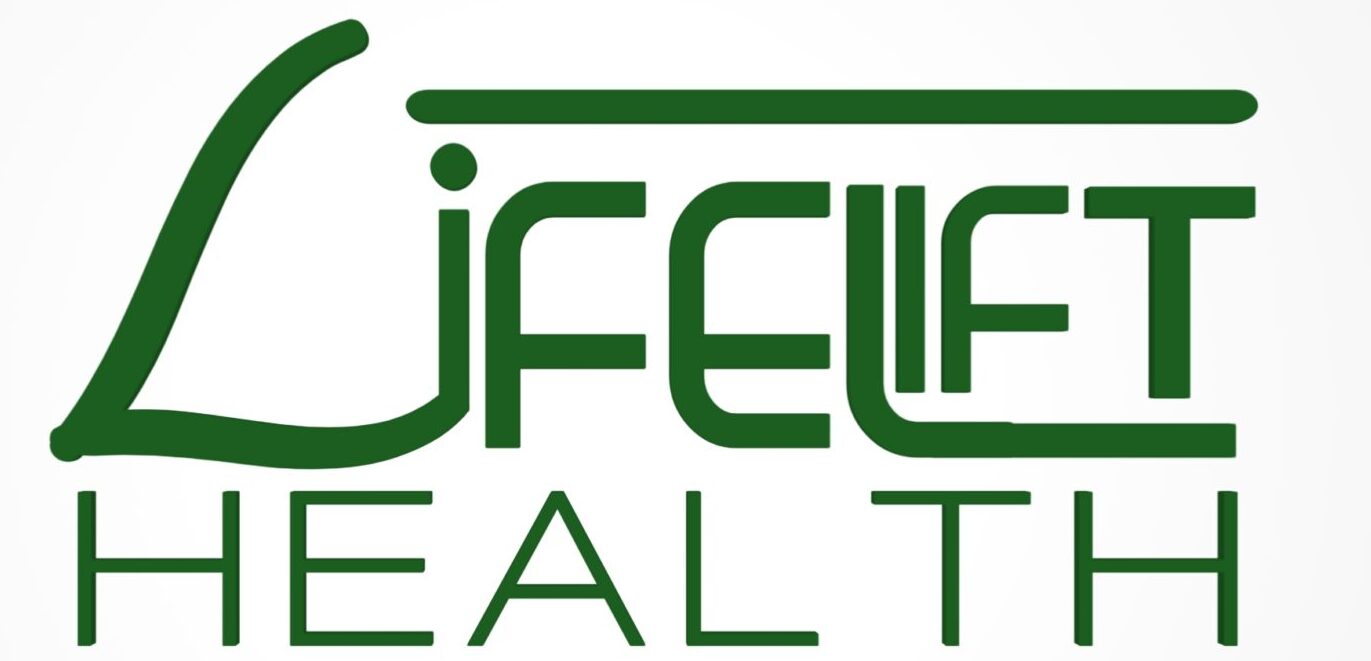Introduction:
A complex and difficult problem, drug addiction affects millions of people worldwide. Drug addiction counseling is essential to the recovery process even though treating drug addiction frequently necessitates a complex strategy. In this article, we’ll talk about the value of drug addiction counseling, its aims and methods, and how it can help people on their path to recovery and healing.
Understanding Drug Addiction Counseling:
Drug addiction therapy is a specialized type of therapy with the goal of assisting patients in overcoming substance usage and leading healthier, drug-free lives. It involves the counselor and the person seeking treatment collaborating and supporting one another. The counselor addresses the emotional, psychological, and behavioral components of addiction by offering direction, empathy, and useful techniques.
Establishing Trust and Building Rapport:
Developing a rapport with the client and earning their confidence are essential components of drug addiction counseling. This fosters a secure and nonjudgmental environment where people feel at ease talking about their struggles, experiences, and underlying problems that fuel their addiction. The therapeutic connection that supports the recovery process is fostered by trust, which serves as the cornerstone for efficient counseling.
Setting Recovery Goals:
In drug addiction counseling, clients and their counselor collaborate to create unique recovery objectives. Achieving sobriety, controlling triggers and cravings, enhancing coping mechanisms, mending broken relationships, and addressing co-occurring mental health conditions are a few examples of these objectives. Setting attainable goals aids people in maintaining focus and motivation during their recovery process.
Exploring Underlying Issues:
Counseling for drug addiction dives into the underlying problems that fuel substance misuse. It seeks to recognise and address elements including trauma, previous experiences, unhealthy relationships, low self-esteem, or co-occurring mental health illnesses. People can create healthy coping strategies and lower their chance of relapsing by comprehending and treating these core issues.
Developing Coping Skills and Relapse Prevention Strategies:
Through counselling, people can learn vital coping mechanisms and relapse prevention techniques for controlling cravings, handling stress, and avoiding triggers in daily life. These abilities may include methods for managing stress, instruction in assertiveness and communication, ways for addressing problems, and modifications to a healthy lifestyle. Individuals can successfully manage difficulties and maintain their recovery by obtaining these tools.

Individual and Group Counseling:
Individual sessions in drug addiction counseling can give clients one-on-one time with their therapist to discuss personal matters and receive specialized assistance. Additionally, group counseling sessions give people the chance to interact with others going through similar experiences, exchange stories, and gain knowledge from one another. Social support and a sense of community are fostered through group counseling.
Family Involvement:
Drug addiction counseling frequently includes family counseling as well. Addiction has an impact on the addict as well as their loved ones. Family counseling aids in addressing family dynamics, enhancing relationships among family members, reestablishing trust, and educating them about addiction and recovery. We will examine the significance of family involvement in drug addiction counseling, the advantages it offers, and how it contributes to the recovery process for both the individual and their loved ones. Involving families can contribute to a supportive and stable environment that enhances the individual’s chances of successful recovery.
Understanding the Impact of Addiction on Families:
Families affected by addiction experience significant hardship on the emotional, psychological, and interpersonal fronts. When family members see a loved one battle with substance abuse, they may feel guilty, ashamed, angry, and confused.
Education and Understanding:
Family members can better comprehend addiction as a complicated disease by participating in drug addiction counselling together. Families gain knowledge about the root causes of addiction, the difficulties people have in recovery, and appropriate coping mechanisms through education and psychoeducation sessions.
Rebuilding Trust and Communication:
In families, addiction frequently erodes trust and hinders communication. Family counseling creates a secure environment for open communication where members can communicate their feelings, needs, and wants.
Identifying and Addressing Family Dynamics:
Counseling with the family reveals and tackles problematic family dynamics that may support or sustain substance misuse. Families can collaborate to halt destructive cycles and create healthy boundaries by looking into patterns of enabling, codependency, or unresolved disputes.
Support and Encouragement:
Recovery from addiction can be a difficult and laborious process. Family involvement in counseling provides the recovering person and their loved ones with support and encouragement. Family members can take a proactive role in relapse prevention planning, acting as a reliable support system when needed.
Continued Support and Aftercare:
In drug addiction counselling, engagement of the family continues after the initial phase of therapy. Family therapy sessions, aftercare programmed, and ongoing support groups are all available to families.
Creating a Sober Environment:
Participation of the family in counseling aids in creating a clean environment that supports the recovering person. Families can help create a supportive and favorable environment for recovery by removing triggers, removing substances from the home, and encouraging healthy activities.
Healing and Growth of family:
Family involvement in drug addiction counselling promotes healing and progress for the entire family in addition to helping the recovering individual. Drug addiction counseling sessions give each family member a place to reflect, grow personally, and build healthy coping mechanisms. Together, the family’s healing deepens bonds, fosters fortitude, and prepares the road for a better future.
Continuum of Care and Aftercare Support:
drug addiction counseling, continues after the initial period of treatment. Planning for a protracted recovery and assistance with aftercare are included. To make sure people have the help they need as they reintegrate into regular life, this may entail directing them to support groups, neighborhood services, or ongoing counseling. Maintaining sobriety and avoiding relapse require ongoing counseling and aftercare treatment.
Conclusion:
Drug addiction counseling is a crucial part of comprehensive addiction treatment. It gives people direction, support, and useful tools to beat substance abuse, deal with underlying problems, and create better coping systems. An individual can set out on a road of self-discovery, healing, and long-term rehabilitation through a collaborative therapy relationship. A big step towards a better and healthier future can be taking professional counseling if you or someone you love is dealing with drug addiction.

